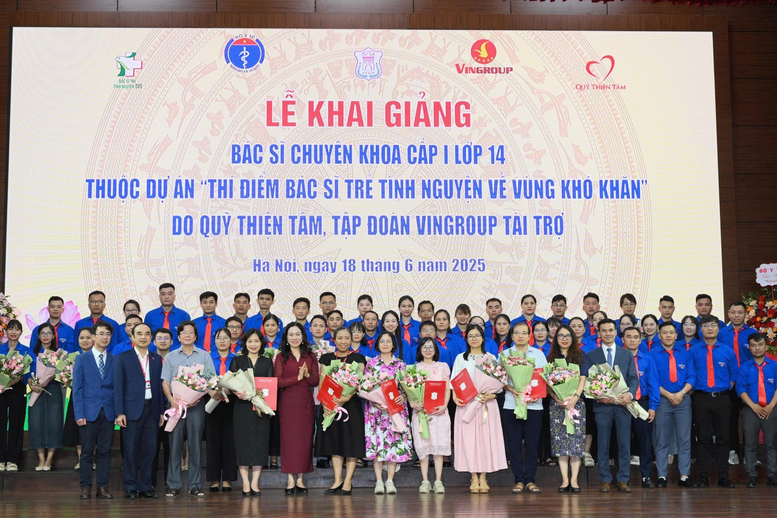
On June 18, the Ministry of Health held the opening ceremony of the first-level specialist doctor class, class 14 at Hanoi Medical University - Photo: VGP/PL
On June 18, at Hanoi Medical University, the Ministry of Health held the opening ceremony of the first-level specialist doctor class, class 14. This program is part of the project "Piloting young volunteer doctors to work in mountainous, remote, border, island areas, areas with especially difficult socio -economic conditions, prioritizing 62 poor districts" - (Project 585).
Received and trained 886 doctors in 155 disadvantaged districts.
Dr. Nguyen Van Quan, Deputy Director of the Department of Science, Technology and Training (Ministry of Health ), Director of Project 585, said that the project "Piloting young doctors volunteering in difficult areas" (Project 585) is one of the practical and effective training methods to provide human resources with high professional and technical qualifications to meet the health care needs of people in disadvantaged localities. Thereby, creating opportunities for many people in remote, border, island areas, and areas with difficult socio-economic conditions to access increasingly better quality medical services, limiting unnecessary referrals for treatment, contributing to reducing overload at upper-level hospitals, avoiding waste for people, the community and society.
In phase 1 (2013-2020), with support from the HPET Project, Project 585 opened, trained and handed over 15 classes of level I specialist doctors (with a total of 354 doctors) to 82 disadvantaged and border districts in 22 northern mountainous, central and Central Highlands provinces.
In phase 2 (starting in 2021) with funding from Thien Tam Fund and Vingroup Corporation, the Project opened 14 training classes for level I specialists for 482 doctors working in 147 disadvantaged, border and island districts in 38 provinces. The Project has handed over 4 classes with a total of 150 young doctors who have graduated as level I specialists to 85 disadvantaged, border districts in 31 provinces in the Northern mountainous region, Central region, Central Highlands, South Central Coast, Southeast and Mekong Delta.
To date, the entire Project has received and trained 886 doctors working in 155 disadvantaged, border, and island districts in 39 provinces across the country.
Of which, the Project has handed over 504 doctors to 117 disadvantaged and border districts in 34 mountainous provinces in the North, Central and Central Highlands. The Project is also training 259 doctors at 5 schools assigned by the Ministry of Health, including: Hanoi Medical University, Hue University of Medicine and Pharmacy, University of Medicine and Pharmacy, Thai Nguyen University and Can Tho University of Medicine and Pharmacy.
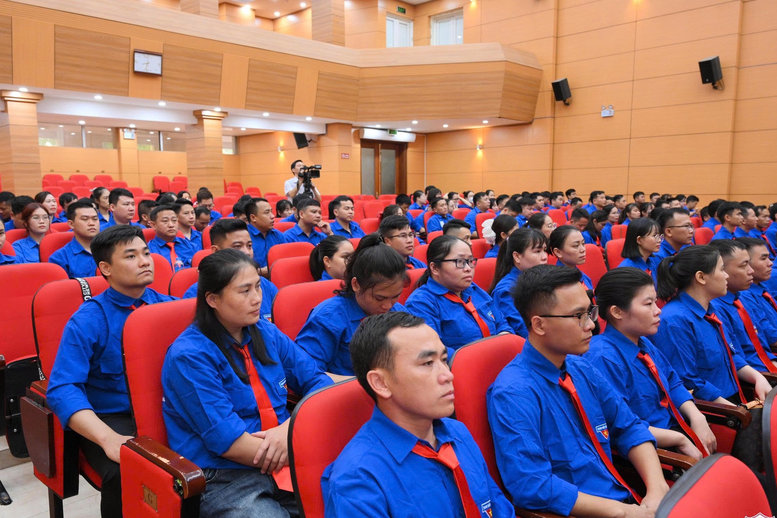
50 young doctors participate in class 14 of Project 585 phase 2 - Photo: VGP/PL
A solid "leverage" to train high-quality medical human resources
At this opening ceremony, there were 50 doctors from 30 poor districts across the country. The students will be trained as level I specialists in 9 specialties, including: emergency resuscitation, anesthesia, surgery, pediatrics, internal medicine, diagnostic imaging, obstetrics, traditional medicine and infectious diseases at Hanoi Medical University for 24 months.
Notably, students will be trained with a physician in a "1-on-1" format, focusing most of the teaching time on clinical practice. This format is currently only prioritized in Project 585.
After completing the training period, young doctors will work for at least 5 years at the district-level medical units that sent them for training.
From the perspective of a trainer, Prof. Dr. Nguyen Huu Tu, Principal of Hanoi Medical University, said that this was the opening ceremony with the largest number of students ever for Project 585.
"Along with the task assigned in the National Target Program to train 1,000 doctors in the coming time to work in difficult areas, this project is expected to be a solid lever for us to implement major projects on training high-quality medical human resources, serving people in remote areas across the country," emphasized Professor Nguyen Huu Tu.
The pilot project of young volunteer doctors in disadvantaged areas has made an important contribution to providing human resources with high professional and technical qualifications to meet the health care needs of people in disadvantaged localities. Thereby, creating opportunities for many poor people, people in remote, border, island areas, and areas with difficult socio-economic conditions to access increasingly better quality health services, limiting unnecessary referrals for treatment, contributing to reducing overload at upper-level hospitals, avoiding waste for people, the community and society.
Successful implementation of this Project also creates opportunities for young doctors to contribute their strength and intelligence, promote their pioneering spirit, and volunteer to contribute to the construction and development of the country.
Thuy Ha
Source: https://baochinhphu.vn/hon-500-bac-si-tre-duoc-dao-tao-ve-cong-tac-vung-kho-khan-102250618132139082.htm








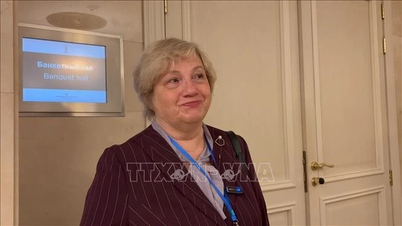



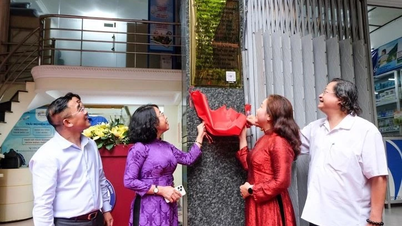
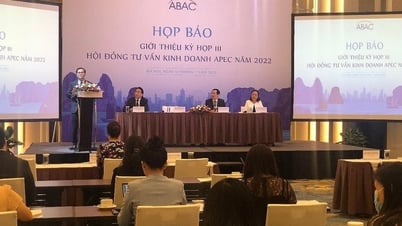


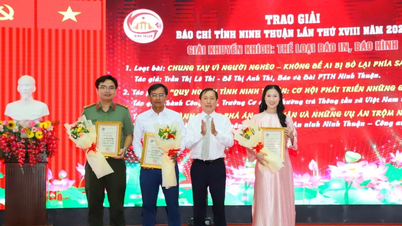







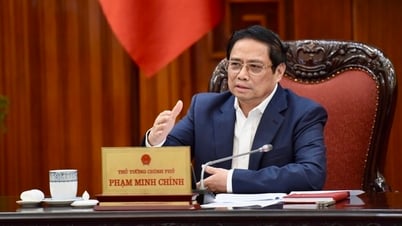
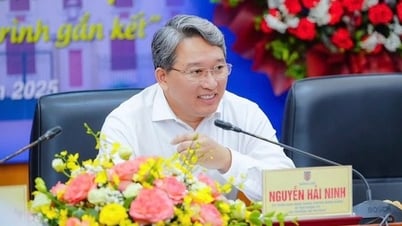

















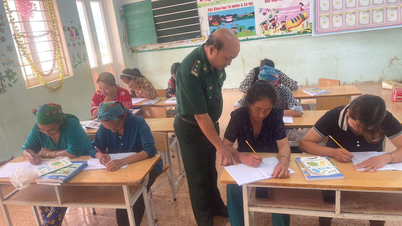







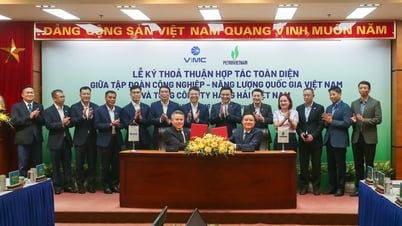
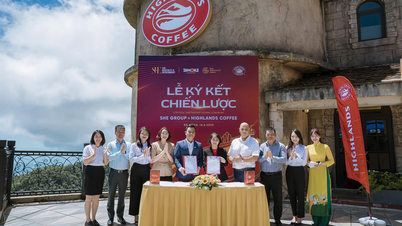
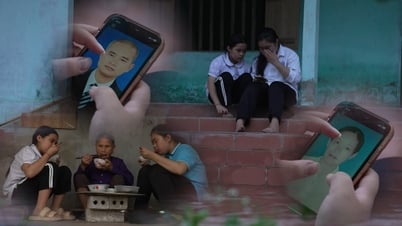



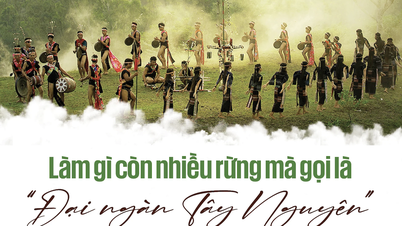

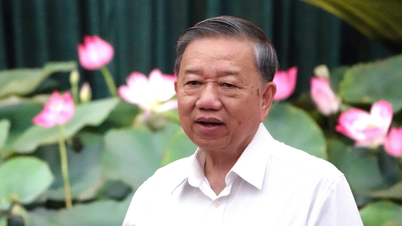

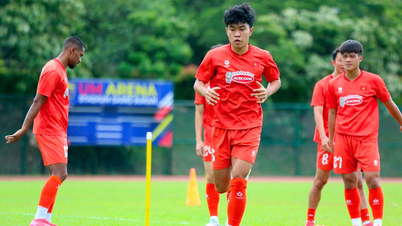









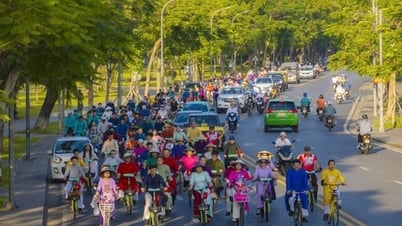
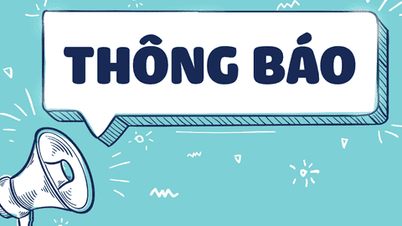

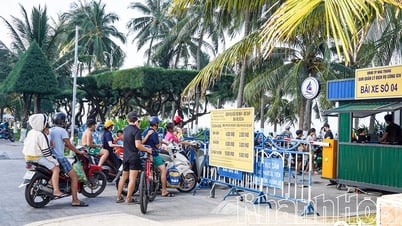



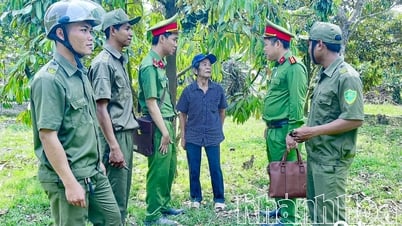
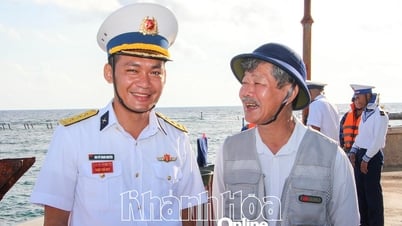
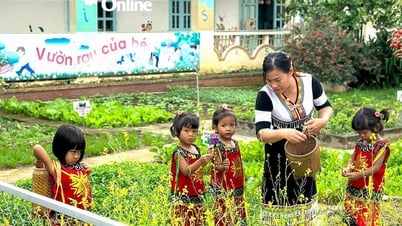













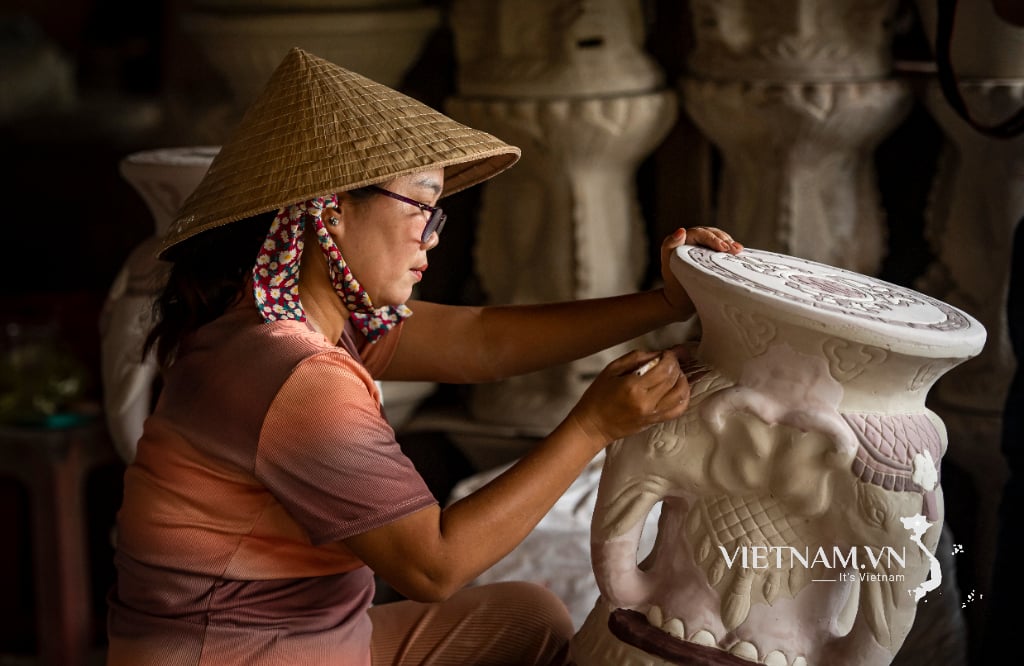

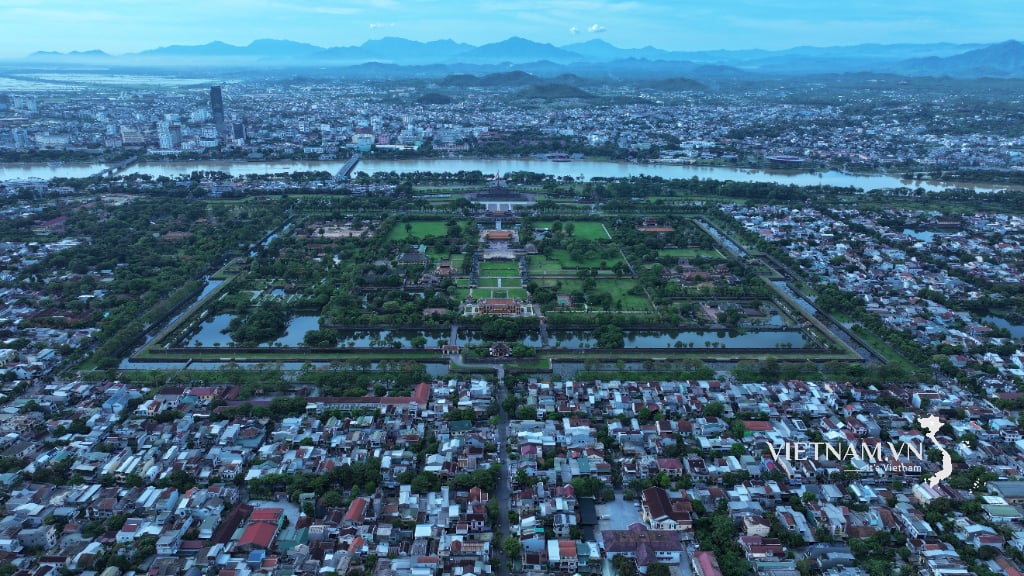
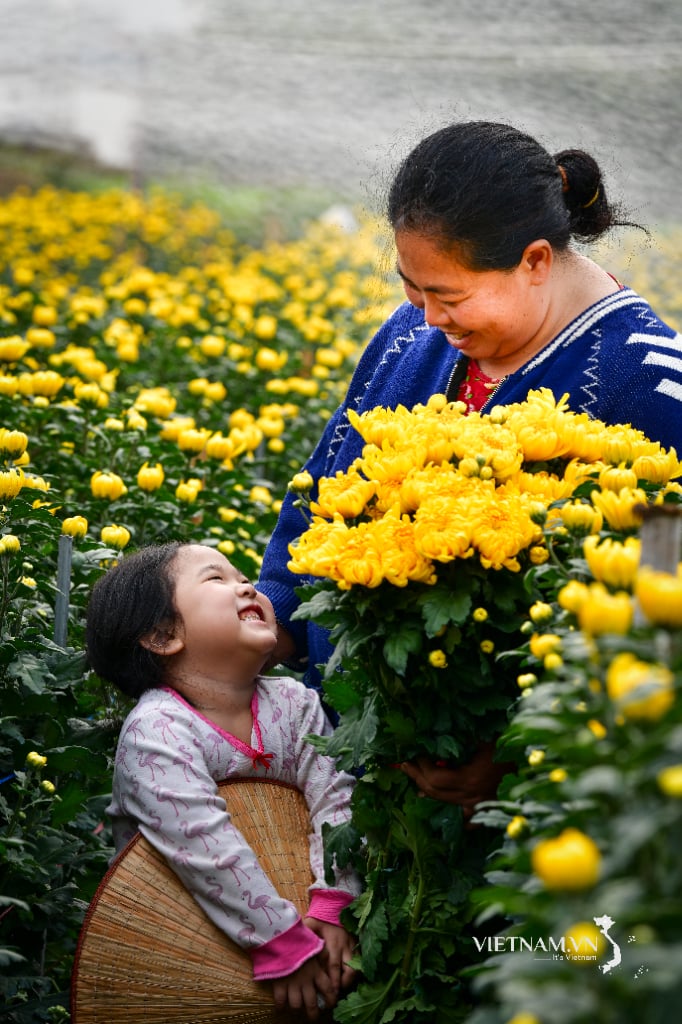
Comment (0)